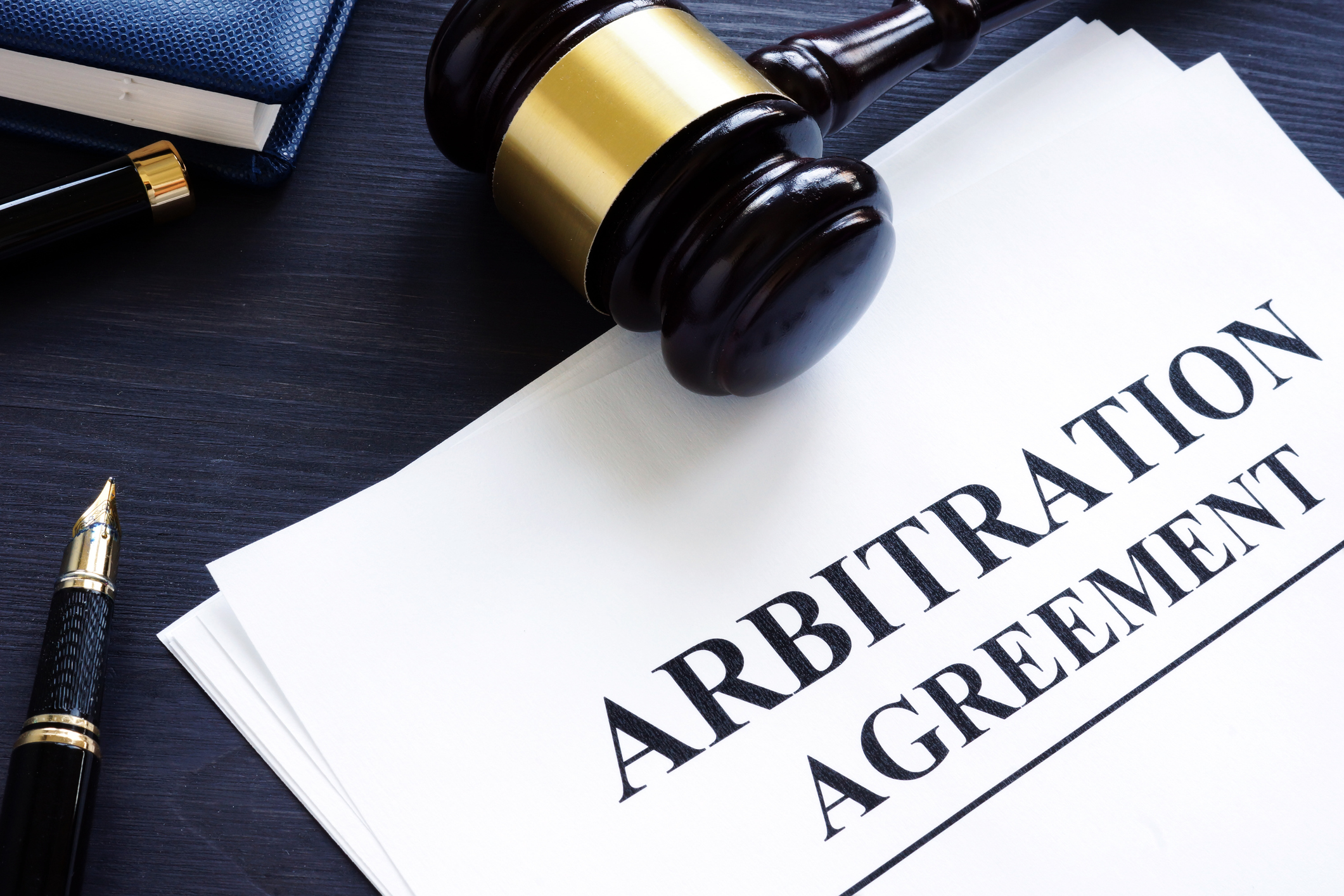
Will An Employment Lawsuit Hurt My Chances of Getting Another Job?
It not an unusual question for a potential client to ask, “will an employment lawsuit hurt my chances of getting another job?”California and Federal law protect employees who have been wrongfully terminated based on age, race, disability, pregnancy, whistleblowing, or any other protected characteristic.
If you have been discriminated against because of a protected characteristic you have the right to act. Speaking up may prevent such behavior from happening to someone else. However, once you file a lawsuit your name enters the public domain. Granted, it is illegal for future employers to not hire you because you were involved in an employment lawsuit. But it is extremely hard to prove that the reason you were not hired was because you were in a lawsuit.
Is My Employment Claim Confidential? Will My Future Employer Find Out About My Employment Lawsuit?
Before filing a lawsuit, it is important to understand that there are some privacy protections in place. For example, if you file a charge with the Equal Employment Opportunity Commission (EEOC), everything is confidential up until the point the EEOC actually files a complaint in a court of law.
Let’s say you file a discrimination claim internally with human resources. HR managers are expected to keep this information confidential with respect to your future employers. If you can prove that your previous employer’s HR department disclosed the report to your future employer as retaliation, then you may have a legal claim.
Can I Bring A Defamation Claim Against My Former Employer?
Defamation refers to any statement that can hurt a person’s reputation. There are two forms of defamation: slander and libel. Slander refers to spoken words that hurts a person’s reputation. Alternatively, libel is when the defamation comes in the form of writing.
In order to bring a defamation lawsuit against your previous employer, you must be able to prove that:
- The statement was published: this means that the written or verbal statements were communicated to a third party (not that the statement was necessarily published in a book or magazine). Therefore, you must be able to prove that your previous employer actually told your future employer something that was false.
- The statement was false: this means that the statement was not true, otherwise it is not likely to cause you damage. Furthermore, statements that are true are generally not considered defamation.
- The statement was injurious: in order to be successful in a defamation claim, you must show that the statement caused you reputational harm. For example, if you didn’t get another job because of your previous employer’s reference, you’ll probably succeed in this element.
- The statement was not privileged: sometimes you will not be able to sue for defamation, even if the statement qualifies as slander or libel, if the statement was made during a judicial proceeding or if the statement was made in exercise of free speech.
How Can I Protect Myself?
If you are concerned about your current or former employment dispute getting to your future job, there are ways you can protect yourself. One option is to negotiate a severance agreement or to mediate your case prior to filing a lawsuit. In these instances, you can have your attorney insert a clause that requires all sides to deal in confidence and privacy.
However, before you sign a severance agreement, or any other type of non-disclosure agreement, it is a smart idea to discuss your rights with an attorney. Many times, a potential severance agreement only compensates you for a fraction of what your case is really worth.
What If There’s An Arbitration Agreement?
Arbitration agreements are a clause that employees usually sign off on at their beginning of their employment. Arbitration is similar to a court proceeding, however, instead of being afforded a jury trial, the employee must plead his or her case in front of a neutral arbitrator (often times a retired judge).
The cons of arbitration are that awards are generally much smaller than it would be in a court of law. Also, discovery (which is the exchange of information by both sides) is much more limited. However, the pros of arbitration are that proceedings are generally confidential, and the case will come to a resolution much faster than would happen in a civil court.
It is important to discuss your arbitration agreement with an attorney to discover potential ways to bypass the arbitration in a court of law.
Contact An Attorney
If you believe you have been fired illegally, contact a Los Angeles wrongful termination lawyer today. Having a lawyer by your side when trying to prove that you have been wrongfully terminated is essential. Give us a call at (888) 244-0706 or contact us online for a FREE case evaluation. Remember, we do not take a single dollar unless WE WIN!


